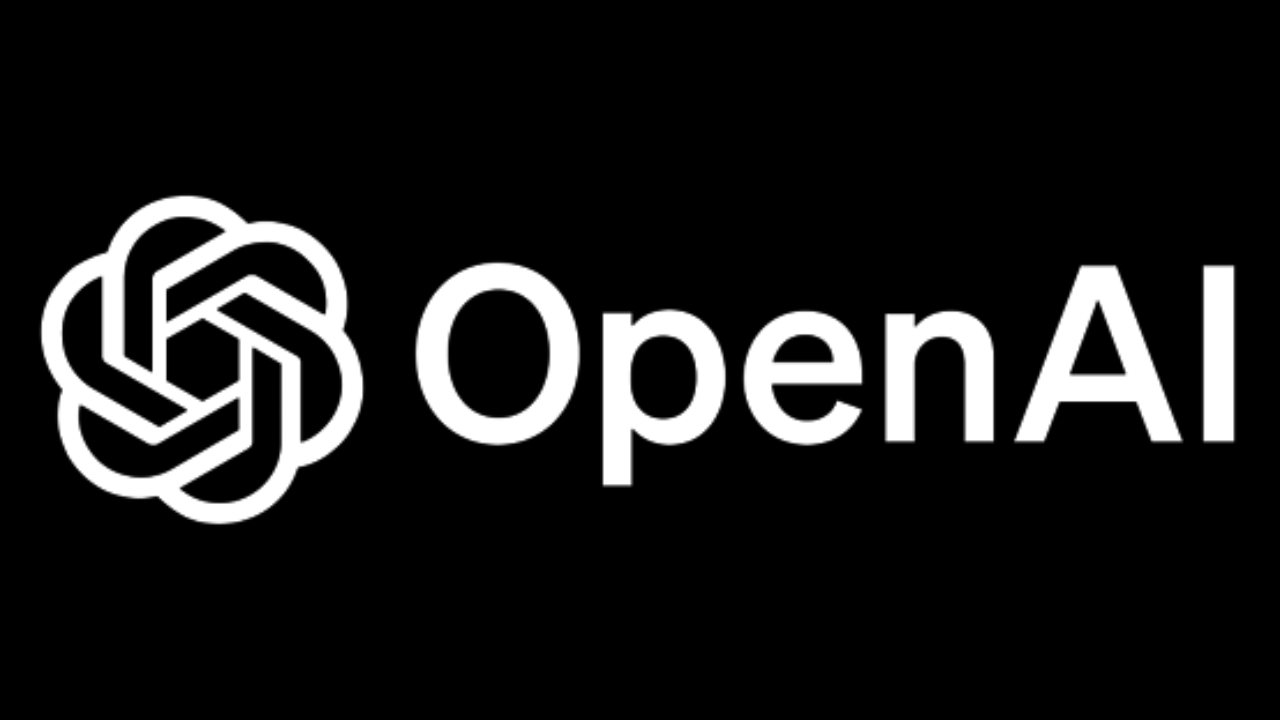
In a new blog post, OpenAI outlines its plans to become a for-profit organization while maintaining its core mission of "ensuring that Artificial General Intelligence (AGI) benefits all of humanity."
The move is a significant shift from its non-profit roots in 2015, which later transformed into a "capped" for-profit, with the non-profit arm spearheading the company's operations in line with its mission. However, these ambitions have been spoiled by the rising costs of running AI; server racks equipped with Nvidia's Blackwell chips reportedly cost $3 million or more. This transition towards a for-profit has ignited unwanted controversy despite being inevitable for competitive reasons.
OpenAI currently operates as a capped for-profit company with two divisions: the for-profit and the non-profit. The non-profit arm and its board members govern OpenAI and its activities. While the for-profit has the power to issue equity to raise capital, it still falls under the governance of the non-profit.
To attract more investment, OpenAI is now moving towards a for-profit model. Potential investors see the existing profit cap as a barrier, reportedly 100 times the initial investment. All residual value created above this cap will be returned to the non-profit wing. Likewise, the existing structure does not allow the board to address shareholders' financial expectations and interests.
Statistics and reports suggest that OpenAI is projected to incur a substantial $5 billion loss this year compared to $3.7 billion in revenue. This financial picture might have also affected OpenAI's decision to become a for-profit company and secure the necessary funding, helping it maintain its competitive edge.
OpenAI plans to transform its existing for-profit subsidiary into a Delaware Public Benefit Corporation (PBC), a for-profit corporate entity created for the social and public good. The firm has stated that ordinary shares of stock and the OpenAI mission will be the public benefit interests of this entity. For context, other players in the AI industry, such as Anthropic and xAI, also employ a PBC-esque structure. Moreover, the new PBC will supervise and run the company's business activities.
On the other hand, the non-profit will remain dedicated to its philanthropic goals in sectors such as healthcare, education, and science. The non-profit will have a "significant interest" in the PBC in the form of shares at a fair valuation by independent advisors. OpenAI claims this structure would position its non-profit division as one of the best-resourced non-profits in history.
Over the past few years, as generative AI has advanced, so has the cost and expenditure of the underlying hardware. While transitioning to a for-profit structure offers better incentives for shareholders, the non-profit will continue to uphold the firm's foundational principles.







